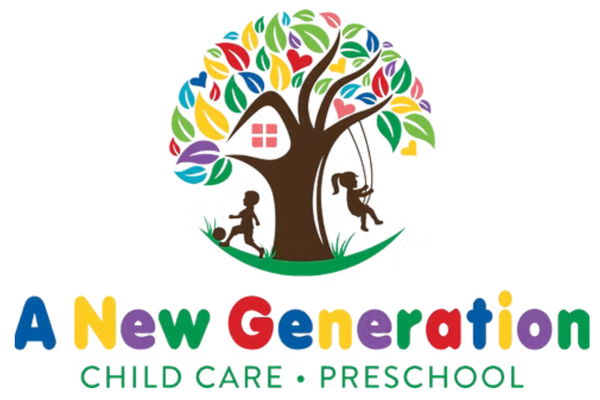As parents, teachers, and caregivers, understanding a child can feel like a puzzle. Every child is unique, with their own personality, emotions, and ways of interacting with the world. Unlocking the key to understanding a child is vital to providing the best support, guidance, and care. By focusing on their emotional, physical, and cognitive needs, we can foster a deeper connection that promotes their growth and development.
The Key to Understanding a Child: Nurturing Their Needs, Emotions, and Growth
Listen Actively to Their Words and Actions
Children communicate in many ways—through words, body language, and behavior. Understanding their feelings requires active listening, where you pay attention to both what they say and how they say it. A child might not always have the vocabulary to express their emotions, so observing nonverbal cues such as gestures, facial expressions, and body posture can give you valuable insight. By being fully present when they speak and asking open-ended questions, you show them that their thoughts and feelings matter.
Recognize Their Emotional Needs
A child's emotional development is just as important as their academic or physical growth. At any stage, children experience a wide range of emotions—joy, frustration, excitement, sadness, or anxiety. As a caregiver, it's essential to recognize these emotions and validate them. If a child is upset or angry, it's helpful to acknowledge their feelings by saying, "I can see you're feeling upset, and that's okay. Let's talk about what happened." Understanding their emotions in the moment helps build trust and security, giving them the confidence to express themselves in the future.
Respect Their Independence and Individuality
From an early age, children begin to assert their independence. Whether it's a toddler wanting to pick out their own clothes or a preschooler wanting to make decisions for themselves, these small actions are signs of a growing sense of self. Embrace this independence and encourage their decision-making skills. By giving children age-appropriate responsibilities, you can empower them and build their confidence. Remember, respecting their individuality means valuing their preferences, strengths, and even quirks—without comparison to others.
Create a Safe, Consistent Environment
A key part of understanding a child is recognizing the importance of their environment. Children thrive in safe, predictable spaces where they know what to expect. By maintaining consistency in routines, rules, and interactions, you provide children with a sense of security that allows them to explore the world with confidence. Whether at home, school, or daycare, creating a stable environment helps children feel more grounded and supported.
Be Patient and Empathetic
Patience is critical in understanding a child's behavior. When children struggle with expressing themselves or following instructions, it's important to remain calm and empathetic. Instead of reacting negatively to behaviors, try to understand the underlying cause. Is the child tired, hungry, or overwhelmed? Children are still learning how to manage their emotions, and it's up to us as caregivers to guide them with kindness and patience.
Foster Open Communication
A strong relationship with a child is built on trust and open communication. Encourage children to share their thoughts and feelings freely, and let them know they can always come to you with any questions or concerns. The more a child feels heard, the more likely they are to open up in the future. Use positive reinforcement to encourage conversations, whether it's by offering praise or simply showing interest in what they have to say.
Observe and Adapt to Their Developmental Stage
Every child goes through distinct stages of development—physically, emotionally, and cognitively. Understanding where a child is in their developmental journey allows you to respond appropriately to their needs. For example, toddlers might be more focused on gaining autonomy, while preschoolers are building social skills. As a caregiver, observe where the child is in their growth and adapt your approach accordingly.
Understanding a Child is a Journey, Not a Destination
The key to understanding a child is not about having all the answers—it's about creating a continuous dialogue that fosters connection, empathy, and mutual respect. Every child is an individual, and as they grow, so too will your understanding of their needs. By listening actively, being patient, and fostering a positive environment, you can support a child's development and create a lasting bond that will help them thrive in all aspects of their life.
